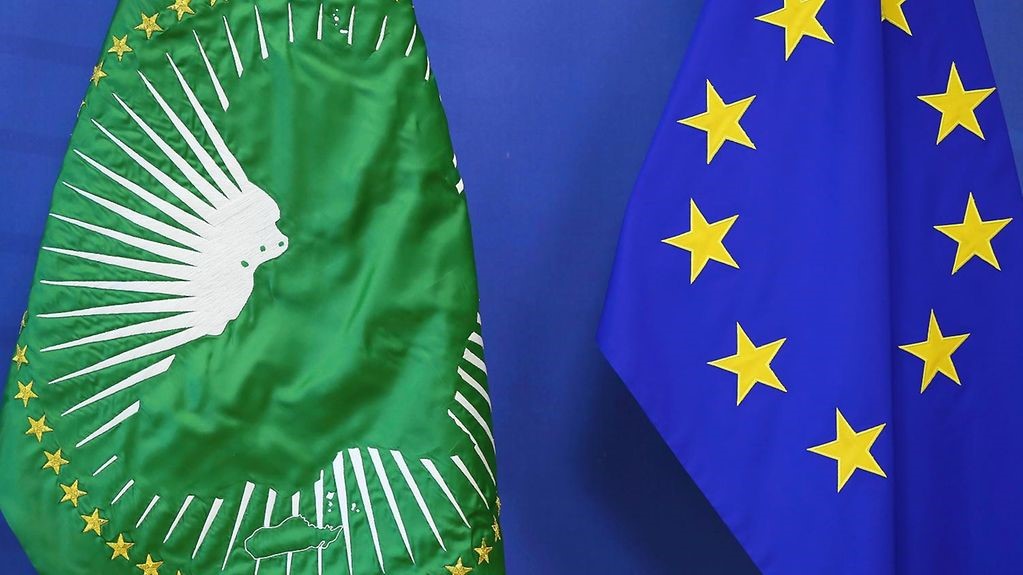Highlight 35/2021 – Seized and missed opportunities during the African Union-European Union Ministers of Foreign Affairs meeting
Edem Kodzovi Medzinyue, 9 December 2021

The African Union (AU) – European Union (EU) Ministers of Foreign Affairs meeting took place in Kigali (Rwanda) on 25 and 26 October 2021. That event, organized a couple of days prior to the COP26, was a preparatory encounter to the fifth EU – AU Summit of Head of States and Governments scheduled in Brussels in early 2022.
Both partners have strong relations in the areas of economy and trade, foreign direct investments, development, student mobility, and security. Their partnership also extends to energy access, digital transformation, sustainable growth and jobs, peace, security and global governance, migration and mobility. Both the African Union and the European Union show a strong concern about climate change.
The African Union and the European Union have reciprocal interests that justify strengthening their alliance. The 55 African countries can help the European Union to weigh on international matters such as human rights, the rule of law and democracy. Bringing assistance to make Africa more prosperous, peaceful, secure and resilient is an essential feature of the EU external policy. Additionally, increased trade and investment between the European Union and the African Union can create sustainable jobs and growth on both continents. Development assistance, foreign direct investment and international cooperation are required for African States to strengthen their development, which is weakened by climate change and significant increase of their public debts.
Despite mutual interests in sustaining strong bonds, the AU-EU partnership is facing significant challenges. COVID-19 has had negative effects on African countries’ economies, which were already vulnerable. The pandemic has also raised tensions regarding access to vaccines. Cooperation is needed within the COVAX mechanism. The non-recognition of vaccination certificates issued by African authorities in some European countries has also weakened the relationship between the two regions. Beyond the pandemic, current challenges include dealing with irregular migration and managing the interest of China and Russia towards the African continent for economic purposes.
The AU-EU meeting addressed some of the above-mentioned concerns. Foreign Affairs Ministers reaffirmed their commitment to the Abidjan Declaration of 2017. EU Ministers pledged to make more efforts regarding the supply of COVID-19 vaccines through the COVAX mechanism. They agreed to develop vaccines manufacturing infrastructures in Africa. EU Ministers also committed to make efforts towards the recognition of vaccination certificates. They also decided to pursue efforts towards the conclusion of an AU-EU continent-to-continent partnership based on the SDGs, shared values and mutual interests. Even though the Kigali encounter addressed major and relevant issues, African people would have expected more, especially relating to the implementation of green transition. Surely, Europe and Africa share the same commitment to green transition and endure the consequences of climate change. However, they do not share equal responsibility in its causes and are not equally developed to face its consequences. While African countries are struggling to exit underdevelopment, they have to abide with prohibitive green transition rules. African Ministers should have highlighted that dilemma and asked for compensatory assistance.
Edem Kodzovi Medzinyue, Seized and missed opportunities during the African Union-European Union Ministers of Foreign Affairs meeting , Highlight 35/2021, available at www.meig.ch
The views expressed in the MEIG Highlights are personal to the author and neither reflect the positions of the MEIG Programme nor those of the University of Geneva.
